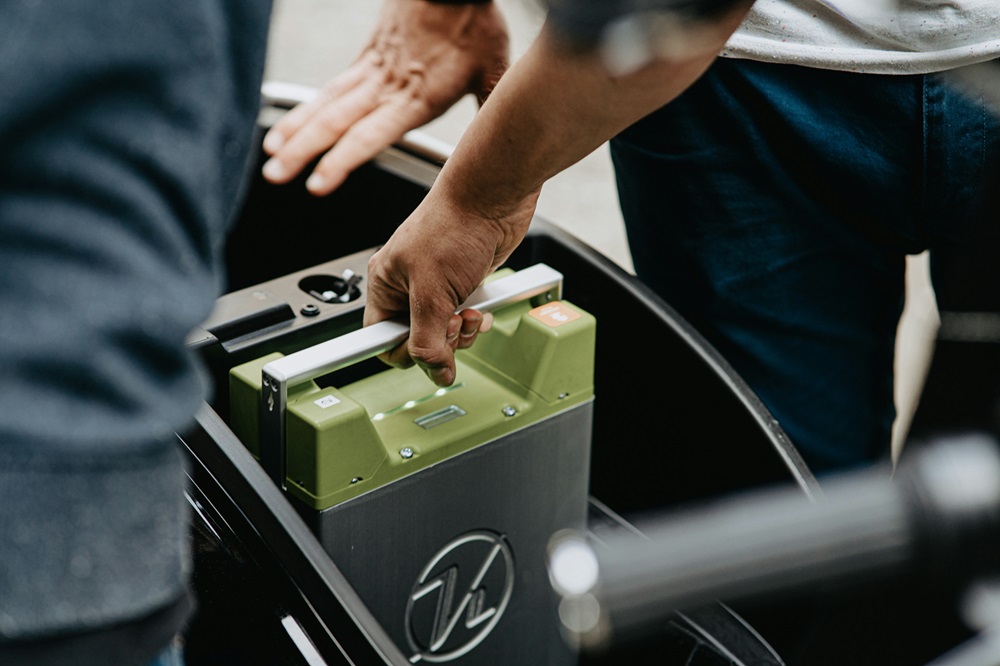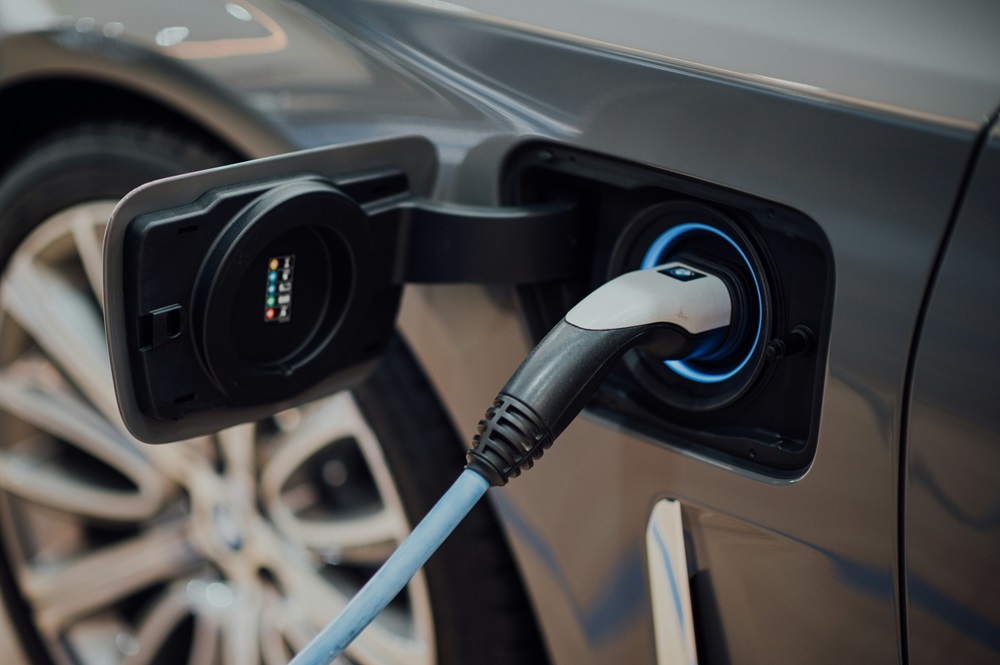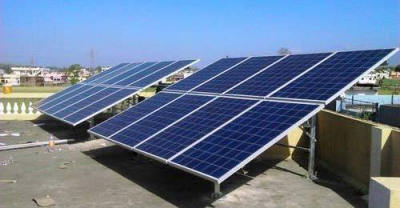Tamil Nadu is planning to implement a Battery Energy Storage System (BESS) policy to transition to a low-carbon energy system. This policy aims to enhance energy reliability by storing energy from renewable sources like solar and wind, ensuring a continuous power supply even when these sources are not generating electricity. Additionally, it seeks to reduce the state’s dependence on fossil fuels, thereby lowering greenhouse gas emissions.
BESS will also improve grid stability by balancing supply and demand, reducing the risk of blackouts, and enhancing overall grid efficiency. Economically, the policy is expected to attract investments in the renewable energy sector, creating jobs and boosting the local economy. The impact of this policy in Tamil Nadu includes increased usage of renewable energy, better grid management, and economic growth through the establishment of BESS plants.
On a national level, Tamil Nadu’s initiative
aligns with India’s goal of achieving 500 GW of non-fossil fuel-based capacity
by 2030 and can serve as a model for other states, encouraging them to adopt
similar policies. This focus on BESS is also likely to drive technological
advancements and innovations in the energy storage sector, marking a
significant step towards a sustainable and resilient energy future for both
Tamil Nadu and India.
Implementing Battery Energy Storage Systems (BESS) presents several challenges. One of the primary obstacles is the high initial cost associated with the infrastructure, including the batteries and installation expenses, which can be a significant barrier, especially in financially constrained regions. Technological limitations also pose a challenge, as current battery technologies may not always meet the high demands of large-scale energy storage in terms of energy density, lifespan, and efficiency. Additionally, regulatory and policy hurdles can complicate the development and implementation of supportive frameworks, requiring careful alignment with national energy goals and local needs.
Integrating BESS into the existing power grid involves technical complexities, necessitating advanced management systems to balance supply and demand effectively. Environmental concerns related to the production and disposal of batteries, such as raw material extraction and electronic waste generation, also need to be addressed through sustainable practices and recycling programs. Furthermore, ensuring the safety and reliability of BESS involves regular maintenance and monitoring to manage risks like overheating and fire hazards. Lastly, the evolving nature of the energy storage market, with its fluctuating demand and supply dynamics, can impact the viability and cost-effectiveness of BESS projects.
Addressing these challenges necessitates collaboration among
governments, industry stakeholders, and researchers to create innovative
solutions and a conducive environment for BESS technology growth. The new
policy encourages investment in BESS projects, attracting both domestic and
foreign funding. Establishing BESS facilities will create job opportunities in
manufacturing, installation, maintenance, and operation, thus enhancing local
economic development.




